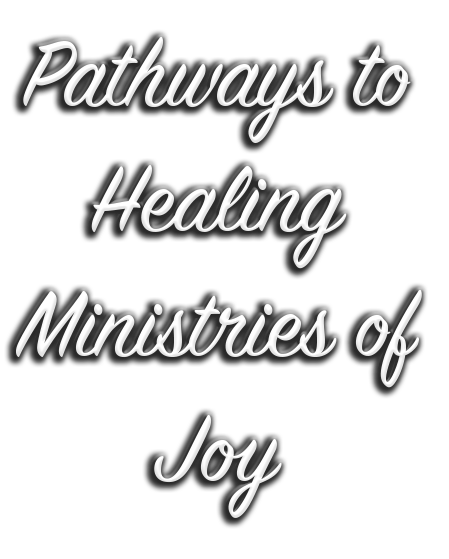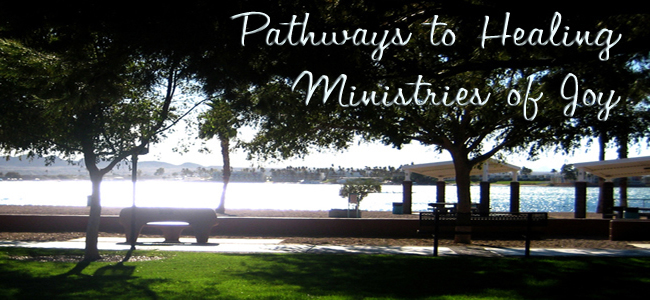By Joy Le Page Smith
This opening story of a friend is told with permission.
“My husband only hit me once? And, once was enough!
“That much I knew–and said, ‘If you ever hit me again, I’ll take this baby (pointing to our three month old child who was sitting in his high chair in the same room) and you will never see either of us again!’
“Apparently, that kept me safe from physical abuse.

But eight years later I began to realize how unsafe and unhappy I had come to feel within this marriage. I knew loving kindness had gone out the window early on. The time had come to look fully in the face of truth: I was taking ‘hits’ of a different sort right and left–several times a week. Name calling, false accusations of having cheated on him, yelling demands of me in front of the children caused anxiety and the desire to flee. Yet, I had no “grounds” to leave him. Sexual unfaithfulness was the one reason my church taught as a justifiable reason for divorcing a spouse.
“I know lots of women have suffered physical beatings and been shoved down, slapped and even killed by their husbands. So, I didn’t think I was bad off enough to leave the marriage; that is, until I realized that on the QT my man was an outright womanizer. Coming to know this involved a mighty wake-up call. And, here was my ‘out.’”
My friend is a survivor. Her story helped me realize most people are not aware of the fact domestic violence can include emotional abuse through mental harassment listed below[1]:
- Embarrassing or shaming the victim with put-downs
- Looking at or acting in ways that scare the person they are abusing
- Showing jealousy of the victim’s family and friends and time spent away
- Groundless accusations, e.g., claiming a spouse has “cheated”
- Making fun of a person’s appearance
- Telling the victim that they can never do anything right
- Keeping or discouraging the victim from seeing friends or family members
- Controlling the money while selfishly spending and ignoring unpaid bills
- Taking the victim’s money or refusing to give them money for expenses
- Controlling who the victim sees, where they go, or what they do
- Dictating how the victim dresses, wears their hair, etc.
- Stalking the victim or monitoring their every move (in person or also via the internet and/or other devices such as GPS tracking or the victim’s phone)
- Preventing the victim from making their own decisions
- Telling the victim that they are a bad parent or threatening to hurt, kill, or take away their children
- Threatening to hurt or kill the victim’s friends, loved ones, or pets
- Intimidating the victim with guns, knives, or other weapons
- Pressuring the victim to have sex when they don’t want to or to do things sexually they are not comfortable with
- Forcing sex with others
- Refusing to use protection when having sex or sabotaging birth control
- Pressuring or forcing the victim to use drugs or alcohol
- Preventing the victim from working or attending school—or harassing to keep them up all night so they perform badly at their job or in school
- Destroying the victim’s property
Always–first, take steps toward establishing fair communication, wherein you and the other listen to one another. Do your absolute best to talk things through. Let fairness forever be the rule. But when push comes to shove–and you don’t feel safe, do not be afraid to call the police for help. Remember, too, that there are safe houses. Often these include care for children, as well.
Most women who have been abused will eventually find a safe place to run. We know we best hide ourselves and our children until the divorce papers are served. It takes time for the reality to set in after a person is served notice of divorce. Using one’s head may well keep you alive. So, value the need to protect yourself. Be wise. Then work toward finding who you are and what you want in life. Learn to value and honor yourself.
Men suffer abuse, too. But, they are somewhat less likely to need police protection as compared to women. In most instances, but not all, women are in charge of their children. The police know where “safe houses” are located. No one else has that information. These are truly safe places for abused people to find safety. Often counseling is provided within safe houses and skills are honed in preparation for employment. When drug dependence is involved, that is given care and attention, as well.
There is more than “hope for a good life”–beyond the hell you have lived through. Take courage; your future can begin NOW. Another chance at life can be your reality. It happens for many—and it happened for me. Decades have passed. I remarried. This dear man helped me raise my children. He cared about my needs in life and has shown how loyalty, fidelity and “unconditional love” can make all the difference in the world. This, too, may well become your experience. It takes “going for it!”
[1] This list from The National Coalition Against Domestic Violence at https://ncadv.org/ Visited 10/29/21. Three additional entries were added to the list after hearing my friend’s story.


Leave A Comment